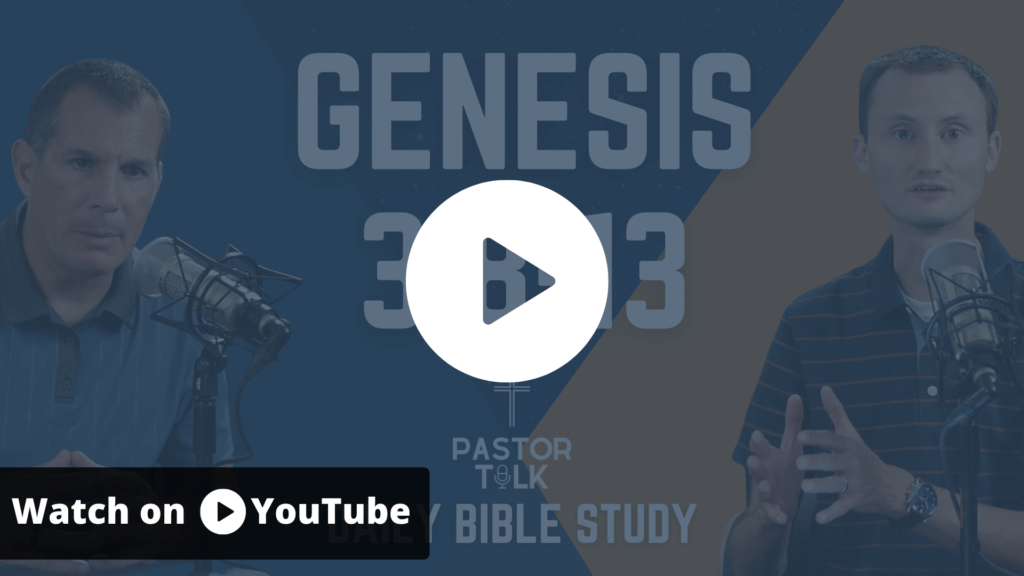
/
RSS Feed
Sin destroys relationships and shrouds the human soul in fear and shame. The implications of sin become immediately evident when Adam and Eve’s pursuit of “wisdom” suddenly drives them into hiding from God’s presence. Join Pastors Clint and Michael as they explore what this story has to teach all of us about our own fear and shame.
Be sure to share this with anyone who you think might be interested in going along on this journey together through Genesis together.

Pastor Talk Quick Links:
- Learn more about the Pastor Talk series and view our previous studies at https://pastortalk.co
- Subscribe to get the Pastor Talk episodes via podcast, email and much more! https://pastortalk.co#subscribe
- Questions or ideas? Connect with us! https://pastortalk.co#connect
- Interested in joining us for worship on Sunday at 8:50am? Join us at https://fpcspiritlake.org/stream
